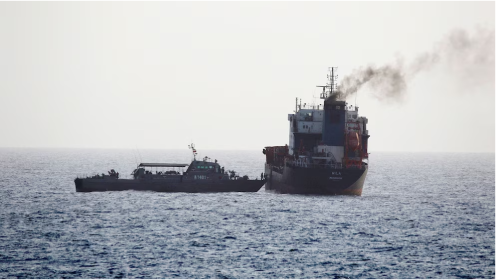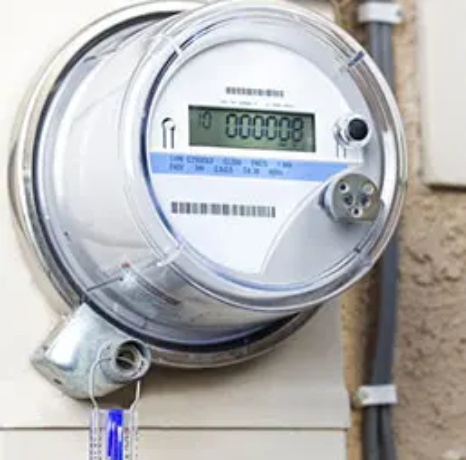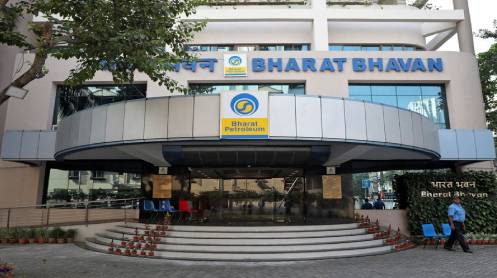It is difficult to predict the exact state of Pakistan’s economy in 2030, as economic growth is influenced by various factors, including political stability, social and economic policies, global economic trends, and technological advancements. However, based on current trends and projections, here are some possible scenarios for Pakistan’s economy in 2030.
Economic Growth: Pakistan’s economy is projected to continue to grow steadily, with a projected GDP growth rate of around 5% to 6% per year. This growth is driven by increased investment, higher productivity, and expanding industries, such as agriculture, manufacturing, and services.
Infrastructure Development: The Pakistani government has launched various initiatives to improve infrastructure development, including the China-Pakistan Economic Corridor (CPEC), which aims to enhance transportation, energy, and telecommunications infrastructure. By 2030, these initiatives are expected to result in better connectivity, enhanced logistics, and more investment opportunities.
Technology Advancements: Pakistan’s technology sector is projected to grow significantly, with more investment in research and development, and increased digitalization across various industries. This growth is expected to create new jobs, improve productivity, and enhance competitiveness.
Energy Security: Pakistan is expected to continue to face energy shortages, which could hamper economic growth. However, the government has launched various initiatives to promote renewable energy, including solar and wind power, which are expected to reduce the country’s reliance on fossil fuels and enhance energy security.
Demographic Trends: Pakistan’s population is projected to continue to grow, with a projected population of around 260 million by 2030. This growth is expected to create new opportunities, but also pose challenges in terms of education, health, and employment.
Overall, Pakistan’s economy is expected to continue to grow steadily by 2030, driven by infrastructure development, technology advancements, and expanding industries. However, the country also faces challenges, including energy security and demographic trends, which will need to be addressed to ensure sustainable economic growth.





